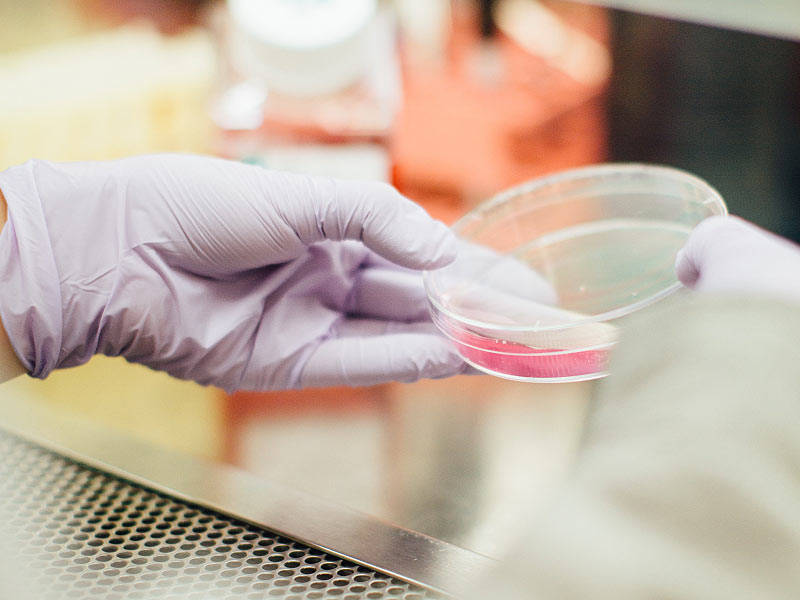How citrullination invaded rheumatoid arthritis research
Published in ‘BMC’
29 January 2014, authors: van Venrooij and W.J., Pruijn, G.J.
Read the full article
Read the full article in BMC.
Abstract
Citrullination and the immune response to citrullinated proteins have been fundamental for the early recognition of rheumatoid arthritis by serological tests and a better understanding of its pathophysiology. In the first years after the initial publications, the focus was on the antibodies directed to citrullinated proteins. It is now realized that citrullinating enzymes and citrullinated proteins may have important roles in the maintenance of the inflammatory processes in the joints. There is also accumulating evidence for a direct role of citrullination in tissue destruction in the rheumatoid synovium. Here we will discuss the development and importance of anti-citrullinated protein antibodies in rheumatoid arthritis as well as recent findings implicating citrullination in the pathophysiology of rheumatoid arthritis.


